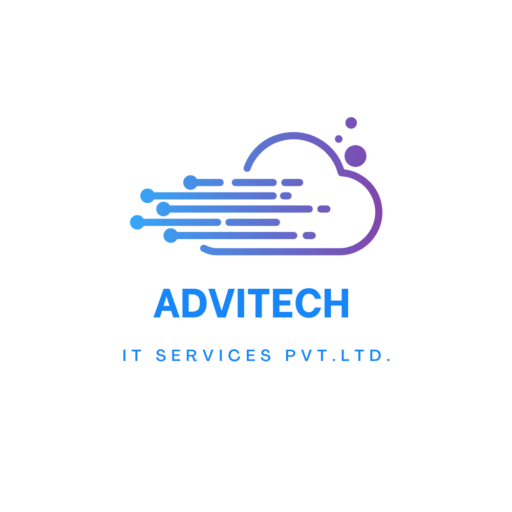Amazon Web Services
Mastering Amazon Web Services for Cloud Success
At AdviTech IT Services, we offer an in-depth Amazon Web Services (AWS) course designed to equip you with the skills needed to leverage cloud computing for businesses and enterprises. Our expert instructors guide you through AWS’s core services, including computing, storage, networking, and security, providing hands-on experience with real-world applications. Through practical labs, case studies, and project-based learning, you’ll gain a strong understanding of cloud architecture, deployment strategies, and management tools. With flexible learning options and career-focused training, AdviTech IT Services prepares you to excel in the rapidly growing cloud computing field.

Why Choose Us?
- Expert Instructors: Learn from certified AWS professionals with real-world experience in cloud computing and infrastructure management.
- Comprehensive Curriculum: Master key AWS services, including EC2, S3, Lambda, VPC, and more, to build robust cloud solutions.
- Hands-On Labs: Gain practical experience through live labs, exercises, and real-world scenarios to ensure you’re ready for the AWS environment.
- Flexible Learning Options: Choose from a range of scheduling options, including evening and weekend classes, to fit your lifestyle.
- Industry-Relevant Training: Learn cloud computing skills that are highly sought after by top companies and prepare for AWS certification exams.
- Placement Assistance: Receive support for job placement, connecting you with leading organizations looking for AWS-skilled professionals.
- State-of-the-Art Infrastructure: Utilize modern cloud tools and resources for a hands-on learning experience.
- Certification Preparation: Benefit from exam-focused training and resources to help you earn your AWS certifications.
- Global Alumni Network: Join a community of successful professionals who have enhanced their careers with AWS training at AdviTech IT Services.
Course Content
Amazon Web Services
1. Introduction to Cloud Computing
- Introduction to Cloud Computing
- Essential characteristics of Cloud Computing
- Service Models in Cloud Computing
- Deployment Models in Cloud Computing
- Introduction to AWS
- AWS Account creation & free tier limitations overview
2. Identity Access Management
- Root Account Vs. IAM user
- Multi Factor Authentication for Users
- IAM Password Policies
- Creating Customer Managed Policies
3. Storage
- What is Simple Storage Service (S3)
- Storage Classes
- Versioning
- Cross-region replication
- Life Cycle Management
- Security & Encryption
- Static Webhosting with S3 bucket
- Events configuration on S3 buckets
- Enabling cross account access for S3
- S3 Data management and backup using 3rd party applications
- Configuring Continuous Virus scans for S3 buckets
- Storage Gateway
4. Compute
- EC2 Instance Launch Wizard and Instance Types
- Generating custom Public key and Private keys for EC2 instances
- Security groups
- Volumes and Snapshots
- Creating customized Amazon Machine Images
- RAID Overview and Raid Configurations
- User Data and Metadata
- Elastic Load Balancers & Health Checks
- Auto Scaling Groups
- Cloud Watch
- AWS CLI and EC2 Roles
- Elastic File System
- AWS Lightsail
- Elastic Beanstalk
- Placement Groups
5. Linux Introduction
- Basics of Linux for AWS
- Linux Installation and Basic commands overview
6. Route 53
- DNS Records overview
- Routing Policies
- Hosting sample Website and Configuring Policies
7. Databases
- Launching a RDS Instances (MySQL, MSSQL, & Aurora)
- Multi-AZ & Read Replicas for RDS instances
- DynamoDB
- Redshift
- Elastichache
- Database Migration Service and Schema conversion tool
8. VPC (Virtual Private Cloud)
- Networking Basics
- Creating custom VPCs and custom Subnets
- Network ACL’s
- Route Tables and IGW
- Flowlog creation
9. Security Options
- CloudTrail
- AWS Config, Certificate Manager, KMS and AWS Inspector
- Trusted Advisor
- Content Delivery Networks
10. Application Services
- Simple Email Service, Queue Service, Workflow Service and Notification Service
- Elastic Transcoder
- Cloud Formation
11. Developer Tools Overview (Optional)
- Simple Email Service, Queue Service, Workflow Service and Notification Service
- Elastic Transcoder
- Cloud Formation

